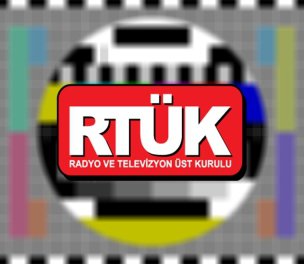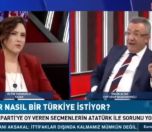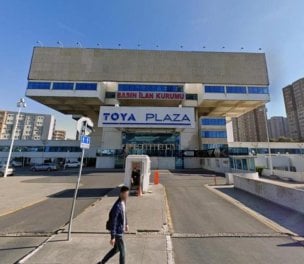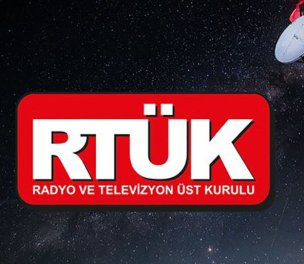RTÜK's media monitoring center
Click to read the article in Turkish
Turkey's media regulation authority is imposing "punitive and disproportionate sanctions on independent media outlets that are critical of the government, Human Rights Watch (HRW) said in a statement today (December 15).
Noting that the vast majority of the news channels are pro-government, fines by the Radio and Television Supreme Council (RTÜK) on independent outlets "contributed to the deepening censorship," said HRW.
CLICK - Turkey's Media Authority Issued 39 Fines in 1.5 Years, 36 of Them were for Critical Outlets
In the first 11 months of this year, the RTÜK issued 43 sanctions against seven independent TV channels and radio stations and imposed fines totaling 8,433,730 Turkish lira (~1,086,470 USD) for alleged violations of their responsibility toward the public, as laid out in Article 8 of Law 6112, HRW noted.
The RTÜK has also ordered the suspension of seven individual programs across three TV channels and a radio channel, it said.
In line with Law 6112 on the Establishment of Radio and Television Enterprises, the RTÜK is a nominally autonomous and independent regulatory watchdog body formed by the political parties represented in the parliament. It licenses television channels, radio stations, and video-on-demand content in addition to monitoring their content to uphold professional and ethical broadcasting standards. |
"The heavy sanctions on broadcasting outlets critical of the government by Turkey's media watchdog demonstrates how a crucial public institution has become an arm of President Erdoğan's government," said Hugh Williamson, the Europe and Central Asia director of HRW.
"Suspending broadcasts or levying heavy fines against the few remaining television stations that dare to air programs critical of the government violates their right to free speech," he added.
CLICK - Media authority fines broadcasters over comments on government, army
"The chair of Turkey's Radio and Television Supreme Council has repeatedly demonstrated his direct political allegiance to the president, and the institution as a whole lacks independence," Williamson said.
"The Radio and Television Supreme Council should stop serving as a means to censor and intimidate media, promptly revoke its fines, and commit itself to impartiality and plurality, as is its mandate," he noted.
HRW interviewed several executives and lawyers of the sanctioned TV channels and former and current members of the Radio and Television Supreme Council and analyzed more than 43 rulings by the Council, court documents, and relevant domestic and international legislation. (DŞ/VK)











sa.jpg)
-132.jpg)
